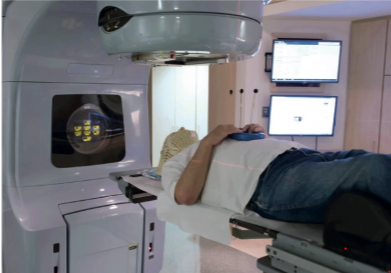About mCRC Liver Cancer
Treating mCRC Liver Tumors
It is important to find liver tumors early because it is in the early stage that they are curable.
Surgery, radiation therapy, chemotherapy and biological therapy are the major treatments for liver tumors. These treatments do have limitations.
Local-regional procedures such as SIRT (selective internal radiation therapy) may complement this spectrum of treatment options.

-
Surgery
- Surgery is an important part of controlling the spread of cancer in the liver. However, only a few patients may benefit from undergoing surgery. This may be due to the location of the tumor(s) in their liver or the patients’ health status.
- For a transplantation, the patient must meet the criteria, and a donor organ needs to be available.

-
Radiation therapy
- Radiation is an effective way to destroy tumor tissues and is used widely in cancer treatment.
- However, all types of organs and tissues in the body are sensitive to radiation, and the healthy ones may also be damaged by radiation treatment.

-
Drugs
- Drugs, such as chemotherapy or biological therapy, keep the cancer cells from growing and multiplying.
- Drugs often become less effective over time and repeated use.
- Some types of cancer do not respond well to drugs.

-
Local-Regional Treatments
- Local regional procedures are minimally invasive treatments. They target the tumor(s) in the liver directly.
- Various treatment types exist. Some use chemotherapy, heat, cold or radiation.